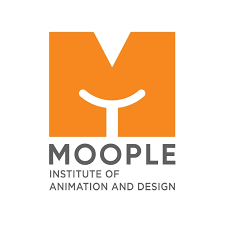Don’t Be Shy
These days, not every job is advertised in a newspaper or on a website. You have to keep your ear close to the ground. As freelance web designer Jack Osbourne explains: “It’s important to make as many connections as possible. Online communities such as Twitter, LinkedIn and Facebook will help you interact with other designers while sites such as Digg and Design Float can provide you with free marketing and help to get your work ‘out there’. “Posting links to your social network profiles also helps you make connections with people, who until now will have been nameless and unknown. When networking, the golden rule is this: don’t be shy!”
Stay Updated
One of the advantages of working within the creative industry is that we are at the bleeding edge of innovation. There are lots of really good sites that can keep you up to date with what’s new and what’s yet to be new, all providing as much or as little info as you require. The animation industry is introducing new changes and advancements every other day. Make sure you stay up to date with everything so as that it works for your favour in the interview.
Do Your Research
This is the most obvious thing to do when preparing for a design interview, but is all too often forgotten. If your excuse is you ‘didn’t have time’ then you don’t want the job enough and your prospective employer will know straight away. Take a close look at the company’s site and search the creative press for stories about them. This will create a good impression of you too. Learn animation and the company’s association with it to the fullest.
Sell Your Skills Appropriately
Studios are always looking for people who can add something new to their business, but not at the expense of what they actually want you to do. So don’t blurt out your skills with, say, augmented reality apps, before you have given them confidence in your ability to do the specific job you’re interviewing for. Instead, portray these additional skills as a good way to add value to the business in future.
Remember Your CV
Just because the company interviewing you has already seen your resumé, don’t assume that part of the application process is over. You may well be asked to talk through your resumé in the interview, so make sure you bring a number of copies in a presentable form, and familiarise yourself with what you say you’ve done and what you’re able to do. And you will almost certainly be asked to talk through your portfolio, so the same goes for that.

